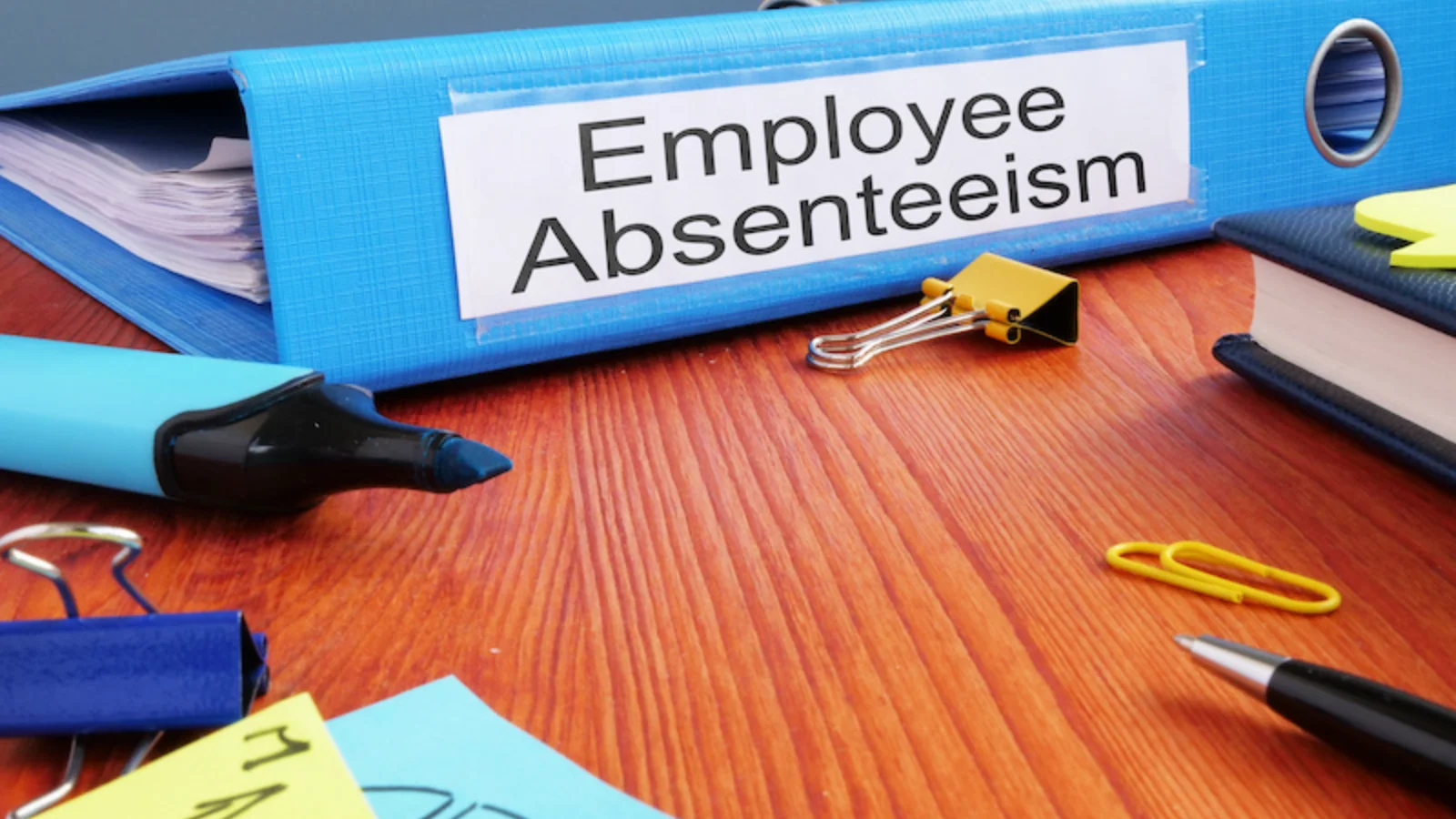When employees fail to meet expectations, it affects more than just their individual tasks—it disrupts the entire team. Employers rely on staff to deliver results, and consistent underperformance, such as missing deadlines or producing low-quality work, erodes confidence. Even after training or feedback, a lack of improvement signals an inability or unwillingness to grow, leaving termination as the only option.
Workplaces thrive on professionalism and mutual respect. Behaviors like harassment, bullying, or dishonesty damage workplace morale and can’t be overlooked. Even less severe issues, like disrespecting colleagues or supervisors, create an environment of mistrust. Employers must prioritize a safe and respectful culture, making misconduct grounds for termination.
Substance use in the workplace is not just a policy violation; it poses serious safety and productivity risks. Being under the influence impacts decision-making, coordination, and focus, endangering both the employee and their colleagues. While some employers may offer assistance programs, persistent issues often lead to dismissal for the greater good of the team.
Repeatedly ignoring company rules—even minor ones—reflects a disregard for the workplace’s culture and expectations. Whether it’s flouting attendance policies, violating dress codes, or bypassing communication protocols, consistent noncompliance sends a message of indifference. Employers often interpret this as a lack of respect for authority and organizational values.
Honesty is foundational in any professional relationship. When employees falsify documents, exaggerate qualifications, or misuse company resources, they undermine trust. Fraudulent behavior not only affects internal operations but can also harm the company’s external reputation, leaving termination as the necessary course of action.
Timeliness isn’t just about being present—it reflects reliability and respect for the team’s time. Chronic lateness forces others to compensate, causing resentment and reduced productivity. Similarly, frequent absences, especially without proper communication, give the impression that the job is not a priority. Employers need dependable team members who contribute consistently.





